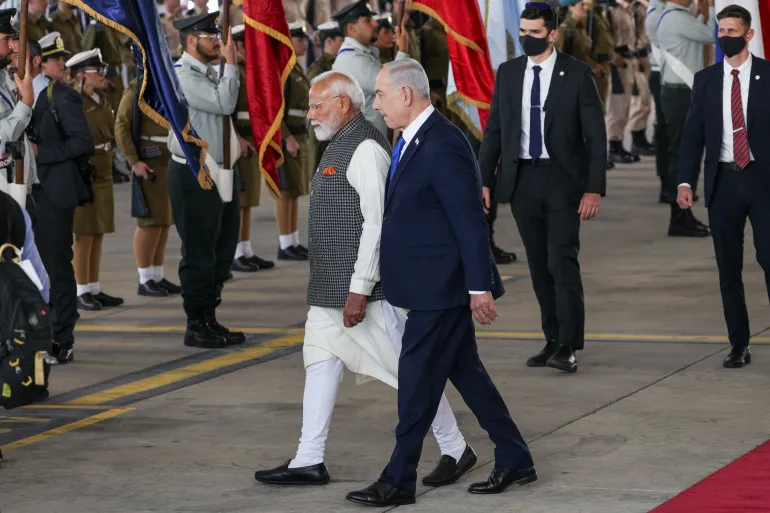EDITORIAL:
The ongoing tussle between the Punjab government and the Pakistan Cricket Board (PCB) over the security bill for the T20 league matches in Lahore and Rawalpindi has raised concerns for cricket enthusiasts in the province. The Pakistan Super League (PSL) is an event that is eagerly awaited by fans across the country and the possibility of it being shifted to Karachi is certainly disheartening. However, the government and the PCB have taken a stance that appears to be in conflict.
The PCB has made it clear that it cannot bear the cost of the security arrangements that the provincial government is demanding. The government, on the other hand, is reluctant to use taxpayers’ money to fund what it sees as a commercial franchise league. Chief Minister Mohsin Naqvi has reiterated that the caretaker government in the province does not have the authority to undertake such a massive expense. The cabinet too has voted against spending such a huge amount of money on the security arrangements.
This disagreement has resulted in a stalemate between the two parties, with the PCB threatening to move all scheduled matches to Karachi if the government does not withdraw its demand for Rs450m. The PCB’s position is that it is the government’s responsibility to ensure security arrangements for such events, regardless of the cost. However, the board is wary of setting a precedent by making the payment for the security arrangements, as it fears that Sindh may also demand the same for matches held in Karachi. Additionally, there is no guarantee that the Punjab government will not make similar demands for future international bilateral series.
The situation is certainly complex, and finding a solution that satisfies both parties will be challenging. The PSL is a crucial event for Pakistan’s cricketing landscape, and its success is paramount to the PCB. However, the government’s reluctance to fund such a commercial event with taxpayers’ money is understandable, especially in a country where the majority of the population lives below the poverty line. On the other hand, the PCB cannot be expected to bear the entire cost of security arrangements, which are necessary for the safety of players and spectators alike.
One possible solution could be for the PCB to explore alternative sources of funding for the security arrangements. The board could approach private sponsors to bear the cost or explore options for public-private partnerships. The government, too, could consider easing its stance and exploring alternative ways to support the event. The PSL is not just a cricketing event; it also has a significant impact on the local economy, with thousands of people employed in various capacities during the tournament.
Another aspect that needs to be considered is the impact that the stalemate will have on Pakistan’s image in the international cricketing community. Pakistan has made significant strides in improving security arrangements for cricket matches in recent years, and any disruption to the PSL could harm the country’s reputation. Moreover, the international cricketing community could be discouraged from playing matches in the country if such disputes become a regular occurrence.
While both sides have presented their arguments, it is the government’s stance that stands out. With the federation and provinces required to save every penny to meet fiscal targets for securing the IMF loan deal, it is important to consider the cost implications of providing security cover for a commercial franchised league. The provincial government spent a whopping Rs2.2bn on security arrangements for PSL and other international bilateral series during the last fiscal year. A quarter of that amount was spent on the league alone.
The cost of security arrangements includes the arrangement of security lights, towers and wires, generators and fuel, transportation of security personnel, etc. It is only fair that the PCB, which earns substantial profits from the league, picks up the security bill. The league is built upon the core concept of ‘home and away’, and depriving Pakistan’s cricket buffs of the ‘home cities’ of the teams of ‘cricketainment’ is not acceptable.
The PCB argues that it is the government’s duty to make security arrangements, regardless of the cost. However, the government is right in stating that its caretaker set-up in the province does not have the authority to undertake such a huge expense. The cabinet too has voted against spending such a big amount from taxpayers’ money for a commercial franchised league. The standoff between the two sides has persisted despite back-and-forth discussions and meetings during the last two days.
The PCB also fears that if it makes the payment for the cost of security as demanded by the provincial government, it would set a precedent, and Sindh may also demand the same for the matches in Karachi. Moreover, there is no guarantee that the Punjab government would not come up with similar demands during future international bilateral series.
It is important to note that the PCB should not put pressure on the government by threatening to shift the matches to Karachi. The league is meant for cricket lovers across Pakistan, and moving matches to another city could disappoint cricket enthusiasts in the province. The PCB should instead come up with a viable solution to the problem.
In conclusion, the PCB should pick up the security bill for the T20 league matches in Lahore and Rawalpindi, given the substantial profits it earns from the league. The government, on the other hand, should consider the cost implications of providing security cover for a commercial franchised league. It is hoped that the standoff between the two sides is resolved soon so that cricket enthusiasts across Pakistan can enjoy the ‘cricketainment’ that the Pakistan Super League has to offer.
Read more:
















